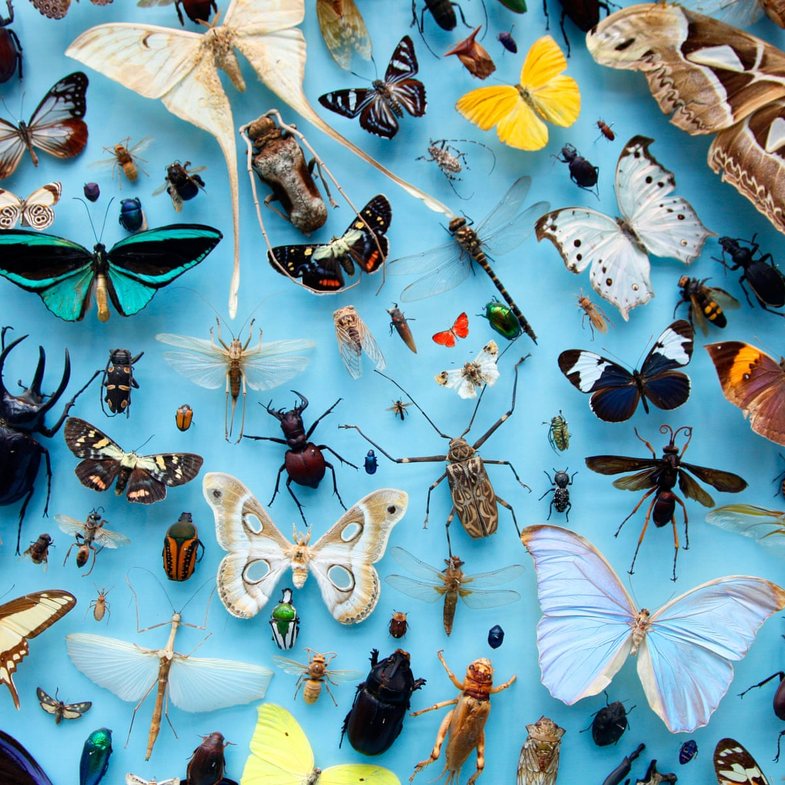
Long-term survival of animal species without sexual reproduction was thought to be virtually impossible - until now.
Scientists at the Universities of Cologne and Göttingen have discovered that Oppiella nova, a type of spider, has survived for thousands - maybe even millions - of years without having sex.
In animals with two sets of chromosomes, including humans, sex ensures that our genetics are "mixed" to ensure diversity. This genetic diversity is what allows most life on Earth to adapt over time, evolving traits that best suit our environments.

But this "mixing" does not occur in organisms that reproduce asexually. Oppiella nova can be cloned instead of reproducing. Despite producing what are essentially their own clones, these species are still able to present genetic variation and adapt to their environments in one way or another.
Two copies of their genetic information accumulate distinct mutations, evolving independently. This is called the Meselon effect and is found only in species that reproduce only asexually.
"This may sound simple. But in practice, the Meselson effect has never been conclusively demonstrated in animals - until now," says Prof. Tanja Schwander in the Department of Ecology and Evolution at the University of Lausanne.
Survival of a species for a long time without sexual reproduction is rare, but as the study showed, not impossible. The team of biologists and zoologists think that Oppiella nova is still worth studying to understand how sex-free evolution works.
Source: Euronews





